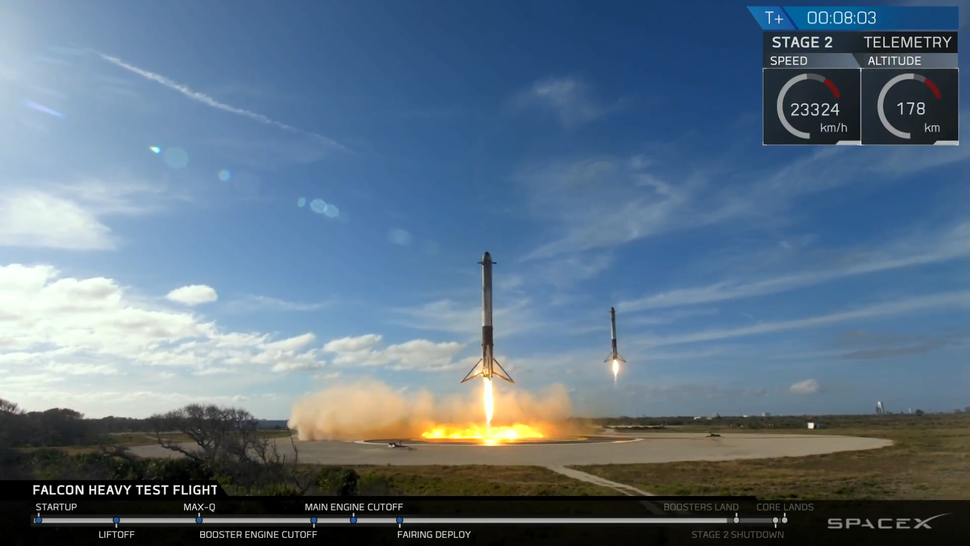I've got to push back on this. The goal for that test flight was to clear the tower. Yes, they had multiple additional stretch goals, including completing an orbit of the earth, and those were not accomplished. So the test was not a complete success, but it did what was needed and more. SpaceX did not plan to recover or reuse this test vehicle. They have another half dozen or more in production and will be ready for another test (that will almost certainly orbit the earth) in a few months.
SpaceX is the unquestioned leader in space launches at this point. SpaceX's Starship compares very favorably to NASA's SLS. Starship has twice the thrust of SLS (meaning it can carry much more into space), is around 1/10 the cost of SLS, and has a much faster development cycle. The SLS has been in development (as a replacement for the Space Shuttle) since 2011, even though it is largely repurposing technology from the 1970s and 1990s. The first SLS flight (originally planned for 2016) was in November 2022. The second SLS flight is scheduled for November 2024 (based on NASA's recent track record, expect this to be delayed by at least one year). For reference, my brother works for NASA, and I have contracted with them to perform some rocket engine tests for the purpose of collecting optical sensor data. NASA is a highly politicized and bureaucratic entity that spends a ton of time simulating, planning, re-planning, re-simulating, and so on. Now, NASA does have a great safety track record overall and they don't have the epic explosive results to their tests, but that's because they've delayed those tests for years and had multiple teams of people review every single possible scenario a dozen times or more. SpaceX is much more willing to take the experimental approach, knowing full well that there will be failures. In a controlled test environment, often the failures can actually be more instructive than the successes!
SpaceX is fielding a very innovative approach to the launch vehicle. I could go into some of the technical challenges they're dealing with if you're interested. Anyone that grew up watching shuttle launches, reading Jules Verne, and dreaming about visiting other planets couldn't help but be awestruck back in February 2018 to see the Falcon Heavy launch the Tesla Roadster into deep space and then have the two boosters return to Cape Canaveral for a simultaneous upright landing!

SpaceX has never lost any astronauts. The test went according to plan, and to anyone following SpaceX's development, it was absolutely a cause for celebration. It was a huge technological achievement and is a full generation ahead of any other rocket currently in development. Go look back at the Falcon and Falcon Heavy launches. They had some pretty spectacular "Rapid Unplanned Disassembles" of those as well. SpaceX is willing to take risks and embrace failures as they build towards success. They are the best of the American competitive spirit, in contrast to NASA and ULA who would rather spend year after year working with old "safe" technology, going way over budget and failing to meet any deadlines along the way, so that they never have a failure. That is America in decline.
As for Tesla, there are occasional issues with the batteries, and as a new technology (compared to the overwhelming majority of cars on the road), not everyone is sufficiently trained to deal with them when problems occur. However, they also catch fire at approximately 1/8 the rate of the average car on the road. Tesla gets the attention because they're new and interesting and rare. All the other car fires and explosions are routine and uninteresting, so they don't get the attention.














































































































